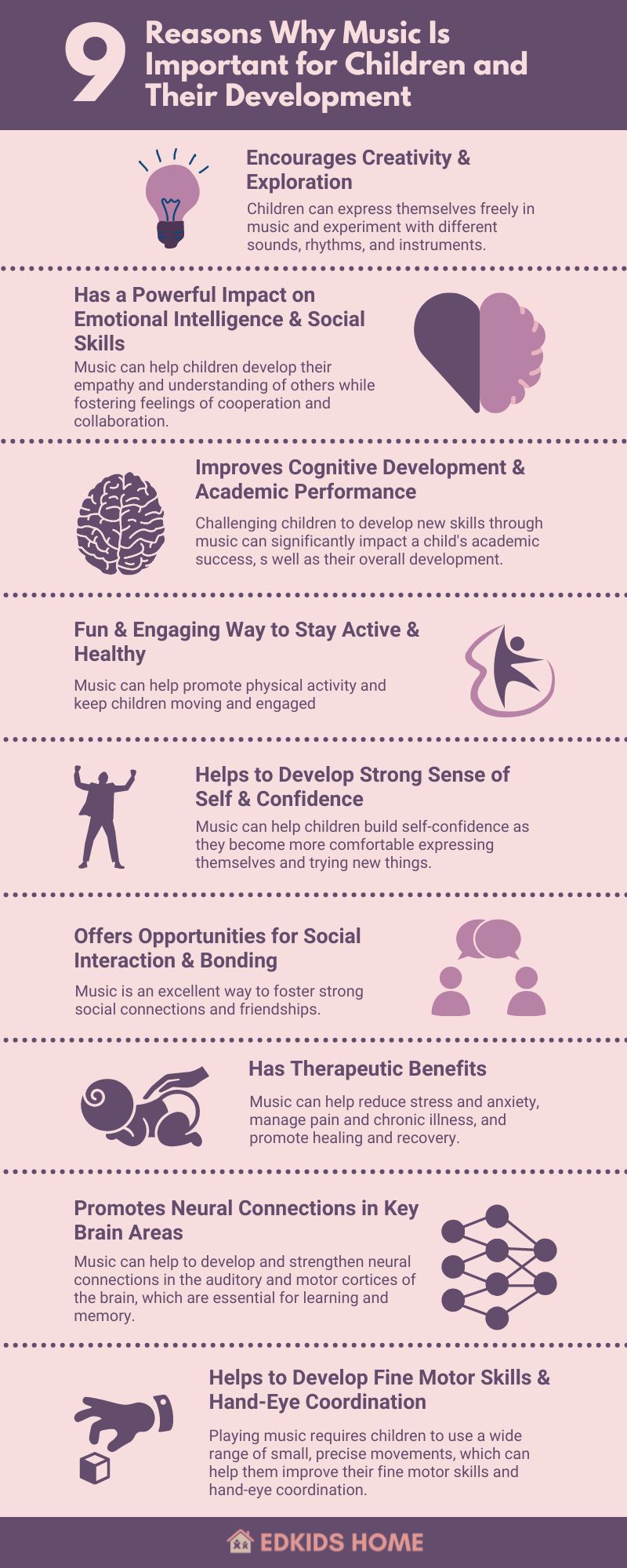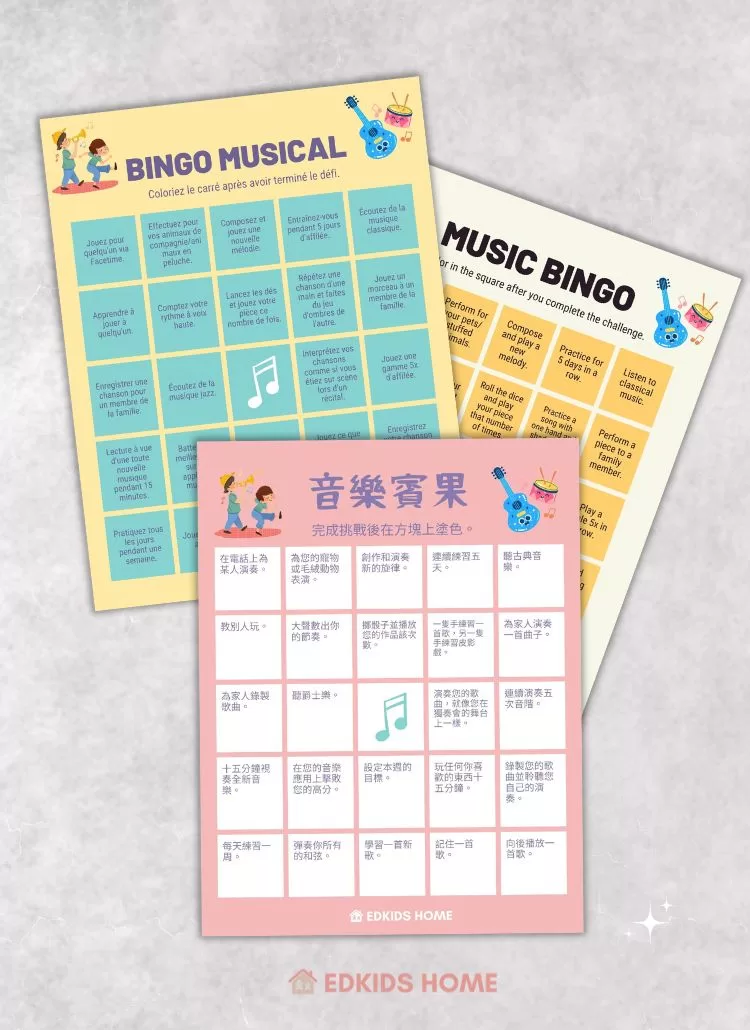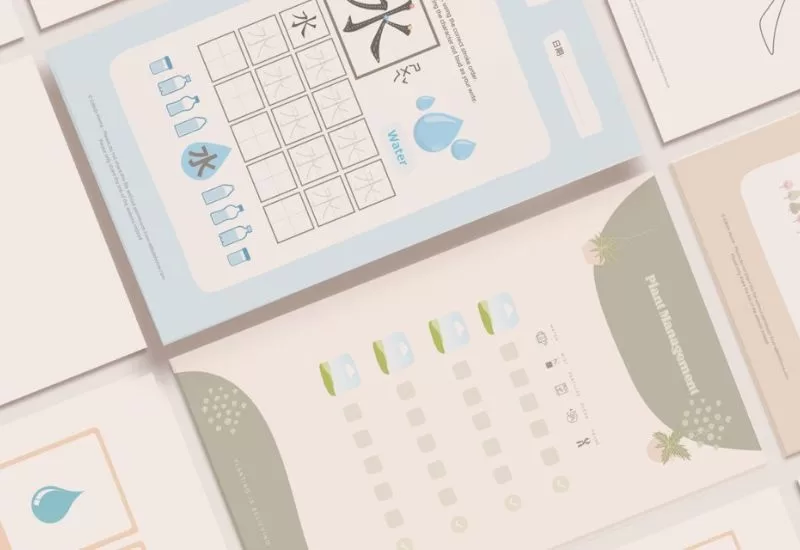
Do you want your child to be ahead of the curve in brain development? We all know that exposing our children to music brings us joy. According to research, music can help with various skills that children need for success in school. It's not just about learning an instrument – any musical experience is beneficial.
I've been playing piano since I was young and worked hard to improve, dedicating 3-4 hours daily to practice. Although I eventually reached the passing grade for RCM (Royal Conservatory of Music) Level 9, internet distractions kept me from achieving my full potential; achieving final RCM Level 10.
Throughout my childhood years of practicing piano, I developed many skills that shaped me into who I am today. Having opponents striving to become better at piano makes me more competitive, motivating me to practice harder and improve my skills.
Practicing piano for hours daily helped me develop grit and determination to achieve my goals. My discipline, focus, and confidence in public performances have increased since I started participating in recitals.
Furthermore, working through the levels of the RCM system has given me a sense of accomplishment. I am proud that I have achieved so much despite facing setbacks and disappointments, such as re-learning complex pieces or not winning a piano competition.

Music has been an essential part of my childhood and is a significant part of my life. Whether it's music classes, music lessons, music listening, or music performance, music has played a substantial role in my development as a child and continues to influence me today.
I believe that music education is one of the most important things we can provide for our children, as it allows them to flourish and achieve their full potential. So if you are looking for ways to give your child a music education, many options are available, from music lessons and music schools to music enrichment programs and music therapy.
With the right combination of encouragement and opportunities, your child will thrive as a musician and benefit significantly from all that music has to offer!
Check out this article for more information on how music helps accelerate brain development in children.
Read: 13 Tips on How to Motivate Child to Practice Instrument
Introduction
In this article, we will discuss the benefits of music on a child's brain and development. We will look at how music can positively affect a child's behavior. In addition, we will also be looking at why music is so important for children.
Playing an instrument can improve mathematical skills and lead to higher SAT scores.
national Association of music merchants foundation
You might be surprised to learn that the National Association of Music Merchants (NAMM Foundation) says that playing an instrument can improve mathematical skills and lead to higher SAT scores. Research shows that music has many benefits for children. It can help their development, behavior, and brain function! So if you are a parent or caregiver, keep reading for some valuable information!
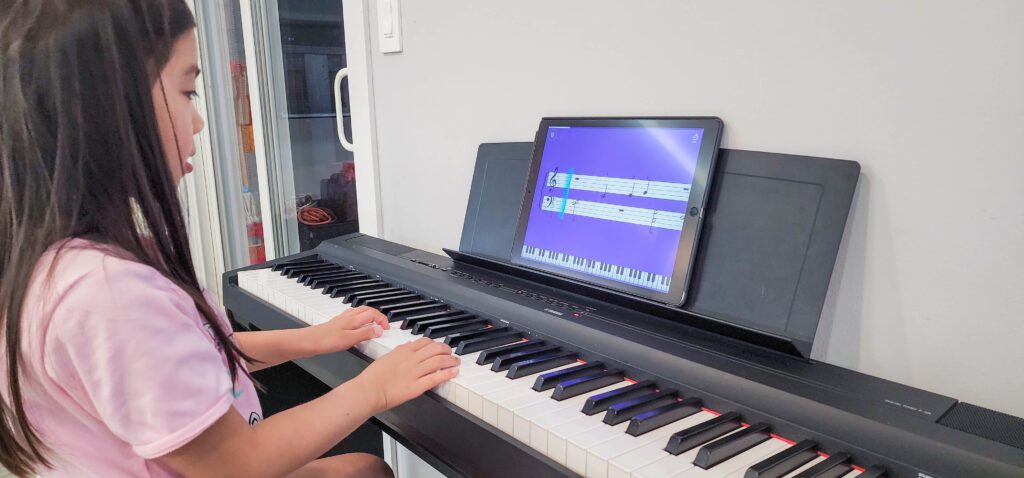
9 Reasons Why Music is Beneficial for Children
1. Music Encourages Creativity and Exploration for Children.

Music expresses that which cannot be put into words
Victor Hugo
Children can express themselves freely in music and experiment with different sounds, rhythms, and instruments. This helps to develop their imagination and creativity and hone their problem-solving skills.
Does your mind ever race when you listen to music? Music can help you focus and get ideas flowing. Is your mind ever racing when you listen to music? Music can help you focus and get ideas flowing.
In addition, music aids in igniting the imagination and fostering creativity. This occurs when we let our minds think without any specific direction. These thoughts happen when we stop intentionally thinking and allow ideas to come naturally without control.
After years of being committed to playing the piano, I memorized many songs for performances, competitions, and examinations. The hours I spent practicing piano every day helped improve my attention span. When I'm feeling more playful, I like using my creativity to develop my own tunes.
2. Music Has a Powerful Impact on Emotional Intelligence and Social Skills for Children.

Studies have shown that music can help children develop their empathy and understanding of others while fostering feelings of cooperation and collaboration.
Not only does music provide children with a positive outlet for their emotions, but it also helps teach empathy and compassion. In addition, by working together to create music, children develop social skills and a sense of cooperation, leading to improved mental well-being.
3. Music Can Improve Cognitive Development and Academic Performance.
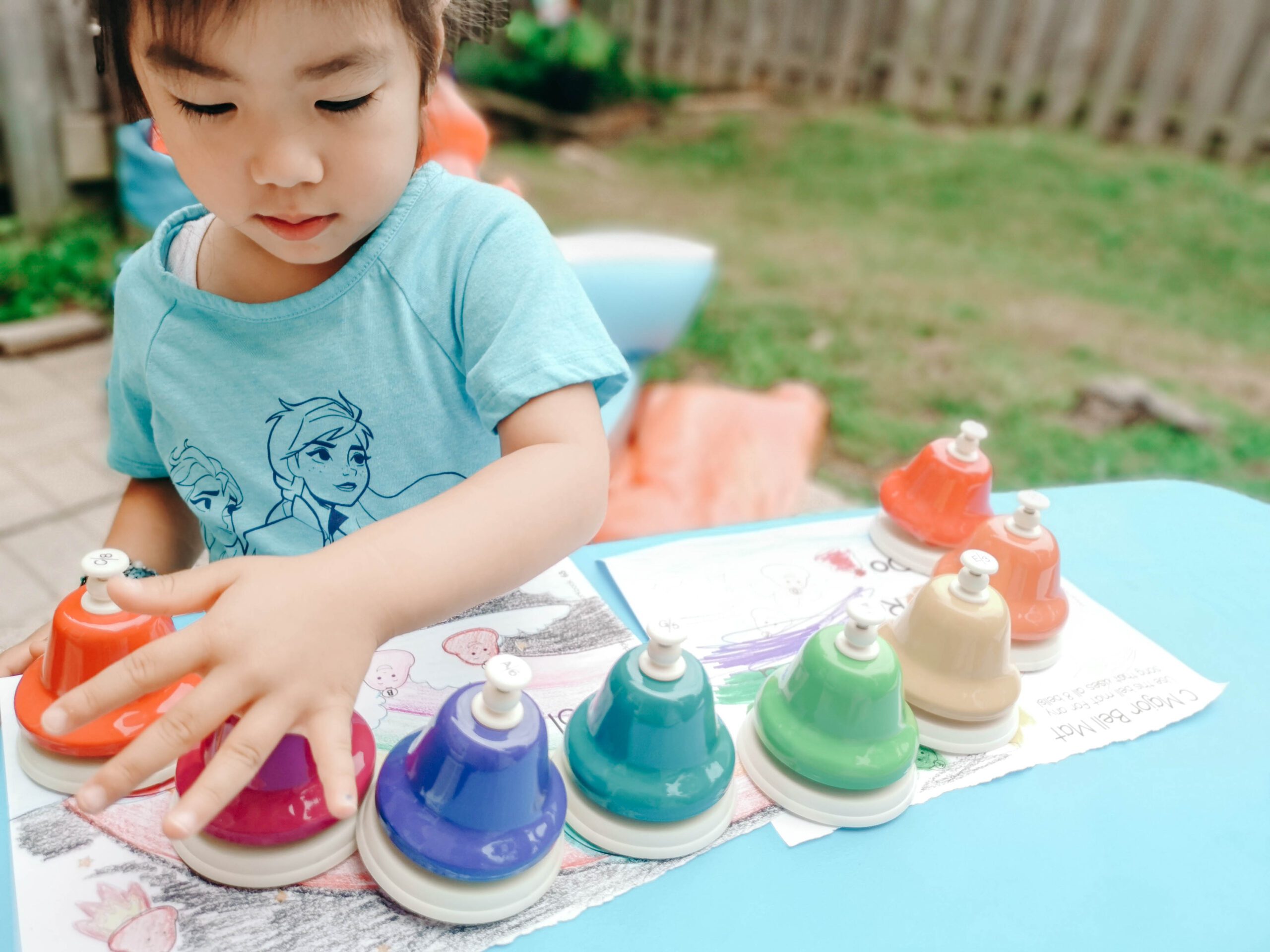
Challenging children to develop new skills through music helps build meaningful neural connections in the brain that are critical for learning and memory. This can have a significant impact on a child's academic success, as well as their overall development.
In addition to enhancing cognitive development, music education can also improve children's academic performance. Studies have shown that music education can help boost math and reading skills and overall school achievement.
4. Music Is a Fun and Engaging Way for Children to Stay Active and Healthy.

Whether playing an instrument, dancing to music, or singing along with friends, music can help promote physical activity and keep children moving and engaged. Music provides children with endless benefits and should be a top priority in their lives.
Did you know that playing an instrument can provide a great workout? For example, the piano, guitar, and drums require upper body strength. Furthermore, extended play time increases muscle mass while improving your posture and bolstering your stamina.
I have a habit of wearing a fitness watch every day, which is a perfect way to test whether playing piano is a workout or not. According to the results, I've burned an astounding 50 calories in only 15 minutes!
5. Music Helps Children Develop a Strong Sense of Self and Confidence.

Music allows kids to explore their unique talents, abilities, and interests in music and beyond. This can help them to build self-confidence as they become more comfortable expressing themselves and trying new things.
Learning music is a great way to lift your mood and improve your mental well-being. According to studies, it can also help alleviate negative feelings toward yourself.
The piano became an emotional outlet for me during tough days at school. It was a way to express my pain and ease my negative emotions.
6. Music Offers Opportunities for Social Interaction and Bonding.

Whether playing music together in a band or singing with friends, music is an excellent way to foster strong social connections and friendships. This can help children feel supported and encouraged as they build their relationships with others.
In addition to music education, I participated in music recitals and events that allowed me to connect with other piano players, which enhanced my social skills. Sometimes, we would work together on a duet or attend competitions, which was a great way to build bonds and support each other.
I am grateful that I learned to play piano as a child, and now I have the opportunity to pass that knowledge on to my own children. There is something extraordinary about playing music together, even if we don't always hit all the right notes. What matters most is enjoying the process.
7. Music Has Therapeutic Benefits for Children.

Music gives a soul to the universe, wings to the mind, flight to the imagination
plato
Studies have shown that music can help reduce stress and anxiety, manage pain and chronic illness, and promote healing and recovery. In addition, music also has the power to bring joy and happiness to children's lives. To conclude, music is a powerful tool for helping children become happy, healthy, and resilient individuals.
Research has found that blood flows more smoothly when music is playing. Furthermore, it can lower heart rate, reduce blood pressure, decrease cortisol (stress hormone) levels and elevate serotonin and endorphin levels in the bloodstream.
In addition, listening to music can relieve stress by triggering biochemical stress reducers.
8. Music Promotes Neural Connections in Key Brain Areas.

Research has shown that music can help to develop and strengthen neural connections in the auditory and motor cortices of the brain, which are important for learning and memory.
For example, music can help strengthen neural connections in the brain's auditory and motor cortexes, which are responsible for processing sound and guiding movement.
We see music as an integral part of child development, and we believe music has a powerful impact on children's minds and bodies. Whether it’s playing an instrument or simply listening to music, music can help children develop critical skills such as creativity, concentration, coordination, and language.
9. Music Helps to Develop Fine Motor Skills and Hand-Eye Coordination.

Playing music requires children to use a wide range of small, precise movements, which can help them improve their fine motor skills and hand-eye coordination.
For example, playing the piano requires children to precisely move their fingers across different keys. This can help them develop the agility needed for everyday tasks like handwriting and buttoning clothes.
Combining Language with Music
How many of us learned the alphabet by singing the ABC song? How many songs from our childhood can we still remember?
Tertiary education has been researched, and concluded that singing could significantly improve learning how to speak a foreign language.
Heart String Mandarin
This is where I came across Heart String Mandarin. They offer free music albums via Youtube, Spotify, Pandora, Tik Tok, KKBox, QQMusic, KuGou, Kuwo, etc.
You can check out the free digital songs on the Heart Strings Mandarin website.
Best of all, Heart String Mandarin offers virtual music classes for children seven and under. They have an original curriculum and are loosely based on a theme. Classes emphasize FUN and target language acquisition and musical and non-musical goals. Using a variety of modalities to teach will also appeal to all types of learners. Also, children do not need prior knowledge of Mandarin, as the teacher will explain it in English during class.
Virtual Music Classes: Register now!
Last Thing You Know About How Important Music Is for Children
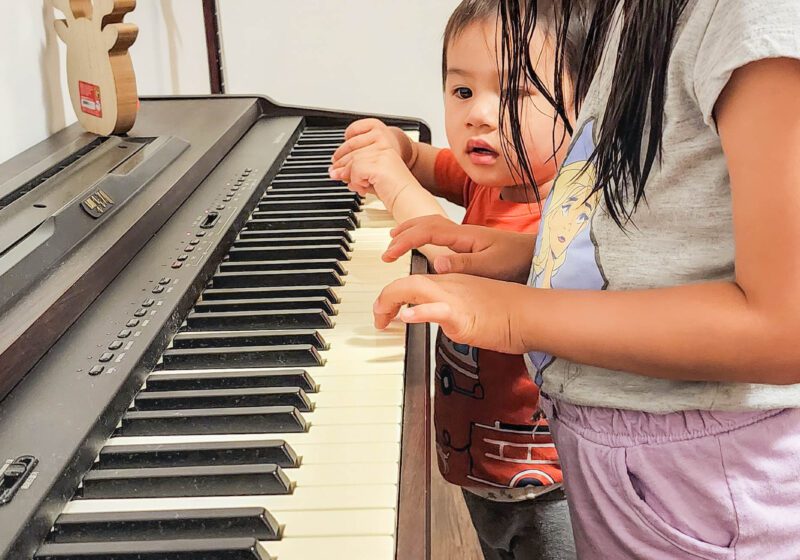
Music provides a wealth of benefits for children, including improved cognitive development, academic performance, and emotional intelligence. In addition, music education is a fun and engaging way for children to stay active and healthy. By providing music education for your child, you can help them to achieve their fullest potential!
- The benefits of music education for children include improved cognitive development, academic performance, and emotional intelligence.
- Music education can provide a wealth of benefits for children, including increased math and reading skills and overall school achievement.
- Music education can also help to boost children's social skills and emotional intelligence.
- Music education is a fun and engaging way for children to stay active and healthy.
Whether it's playing music, singing along with friends, or simply dancing to music, music can help children to develop critical physical skills like coordination and flexibility. Music is a crucial component of child development and is essential for nurturing a child's love of music and fostering their overall growth and well-being.
Also, check out Heart String Mandarin, which offers free Mandarin songs and affordable virtual classes. This is a win-win situation for your children where they can experience the benefits of music and learn Mandarin simultaneously!
